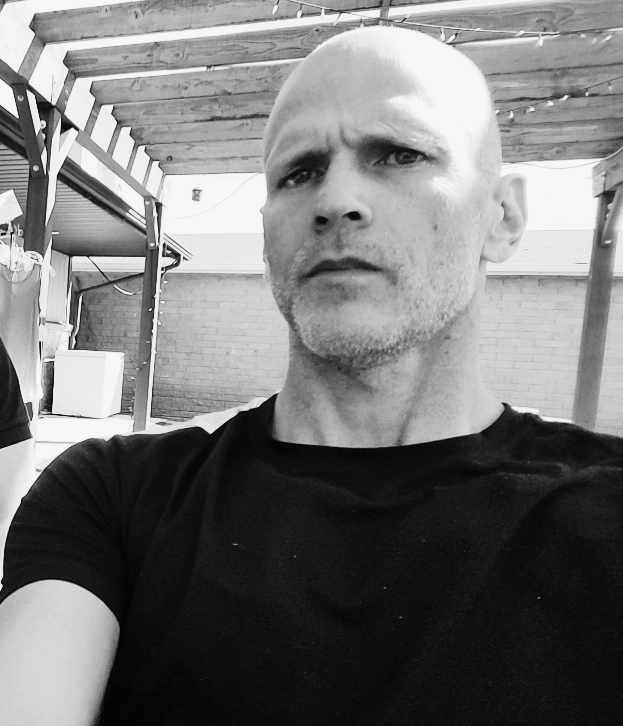
In the realm of craft beer, Boulevard Brewing Company is renowned for its exceptional brews. But what you might not know is that they are equally passionate about sustainability and environmental responsibility. In this interview with Michael Utz, the Director of Engineering at Boulevard Brewing Company, we delve into their remarkable sustainability practices.
Question 1: What can anyone do right now to be a better recycler?
Michael: To be a better recycler, start by learning what your hauler or processor accepts in the regular stream. Seek outlets for other waste materials to improve diversion. Keep recyclables as clean as possible to reduce contaminants during processing. And always remember to educate a friend or family member about recycling.
Question 2: The use of terms like “tree hugger” seems to be on the decline. Why do you think that change has happened?
Michael: I don’t believe the change has happened entirely, but there’s a shift towards more positive environmental awareness. Environmental issues have gained media attention, encouraging people to recognize the importance of caring for our planet.
Question 3: What is the worst name you’ve been called while working at Boulevard?
Michael: Probably that same “tree hugger” you mentioned earlier.
Question 4: Can you describe what happens to a gallon of water when it enters Boulevard’s facility?
Michael: The water at Boulevard comes from the Missouri River and the Kansas City Municipal Water system. It undergoes various filtration and treatment processes depending on its intended use in the brewery. Most of it eventually leaves as beer, with the rest used for cleaning before being discharged into our sewer system.
Question 5: Boulevard reduced water usage by 12% in 2011. What were the water usage figures for 2012 and the first half of 2013?
Michael: In 2012, we surpassed our goal by achieving a 12% reduction compared to 2011. During the first half of 2013, we are trending toward a 10% reduction compared to 2012.
Question 6: What happens to the grain, and does all the spent grain go to feed local cattle?
Michael: Most of our spent brewers’ grains, rich in nutrition, are primarily used as cattle feed in the U.S. They can also serve as fillers in other animal feeds or even in food products for human consumption.

Question 7: Can cows get drunk from eating the spent grain?
Michael: No, spent grains do not contain alcohol as they haven’t undergone fermentation, so the cows that consume them do not get drunk.
Question 8: Boulevard doesn’t have a trash dumpster. Do your employees pack out any trash they create?
Michael: Initially, employees were responsible for any waste they generated, promoting the “zero landfill” initiative. This encouraged people to adjust their behaviors and eliminate trash. While we appreciate the Leave No Trace concept, it’s essential to provide proper recycling options.
Question 9: Do you think that Boulevard’s strong commitment to sustainability influences your employees to be better recyclers at home? And do you think you influence the public to be better recyclers?
Michael: We’ve positively influenced our employees by educating them on recycling behaviors. Through tours and events, we also set an example for the public, striving to raise awareness of recycling and sustainability.

Question 10: Boulevard played a crucial role in the success of glass recycling at Ripple Glass. Is this common practice among breweries?
Michael: Our strong commitment to glass packaging led to the formation of Ripple Glass. While not a common practice among all breweries, our experience shows the remarkable results such initiatives can achieve.
Question 11: What excites you most about the future of sustainability at Boulevard?
Michael: Sustainability at Boulevard extends beyond recycling; it’s about resource efficiency. The more efficiently we use resources like electricity, water, and materials, the more sustainable we become. This continuous process of improvement is our path to a more sustainable future.
Question 12: Are there other local businesses that excel in sustainability?
Michael: Hallmark has displayed great leadership and support for our program. Their commitment to sustainability aligns with our goals.
Question 13: What is the biggest “I’m glad we don’t do that anymore” moment for you at Boulevard?
Michael: That would be “making trash.” It’s fulfilling to know that our company is making a significant positive impact on our community.
Question 14: What’s your favorite outdoor activity?
Michael: Camping with my family.
Question 15: Which Boulevard beer are you currently enjoying the most?
Michael: That’s a tough question, but if I had to choose, Pale Ale is my go-to beer on most occasions. And I’ll never turn down one of our Smokestack offerings!

Question 16: How can the public connect with Boulevard?
Michael: The best way to connect with us is to take a tour of our facilities, where you can see all the amazing things we’re doing and enjoy some delicious beer!

Jason Clements is the founder of and writer for Cells for Cells. Jason has raised tens of thousands of dollars for Cancer Charities through his recycling program and has helped dozens of families in their battle against cancer.
He lives in Kansas and is an amateur artist.
You can follow Jason on X (Twitter) @jasonclements and Instagram @theartandtimesofjason